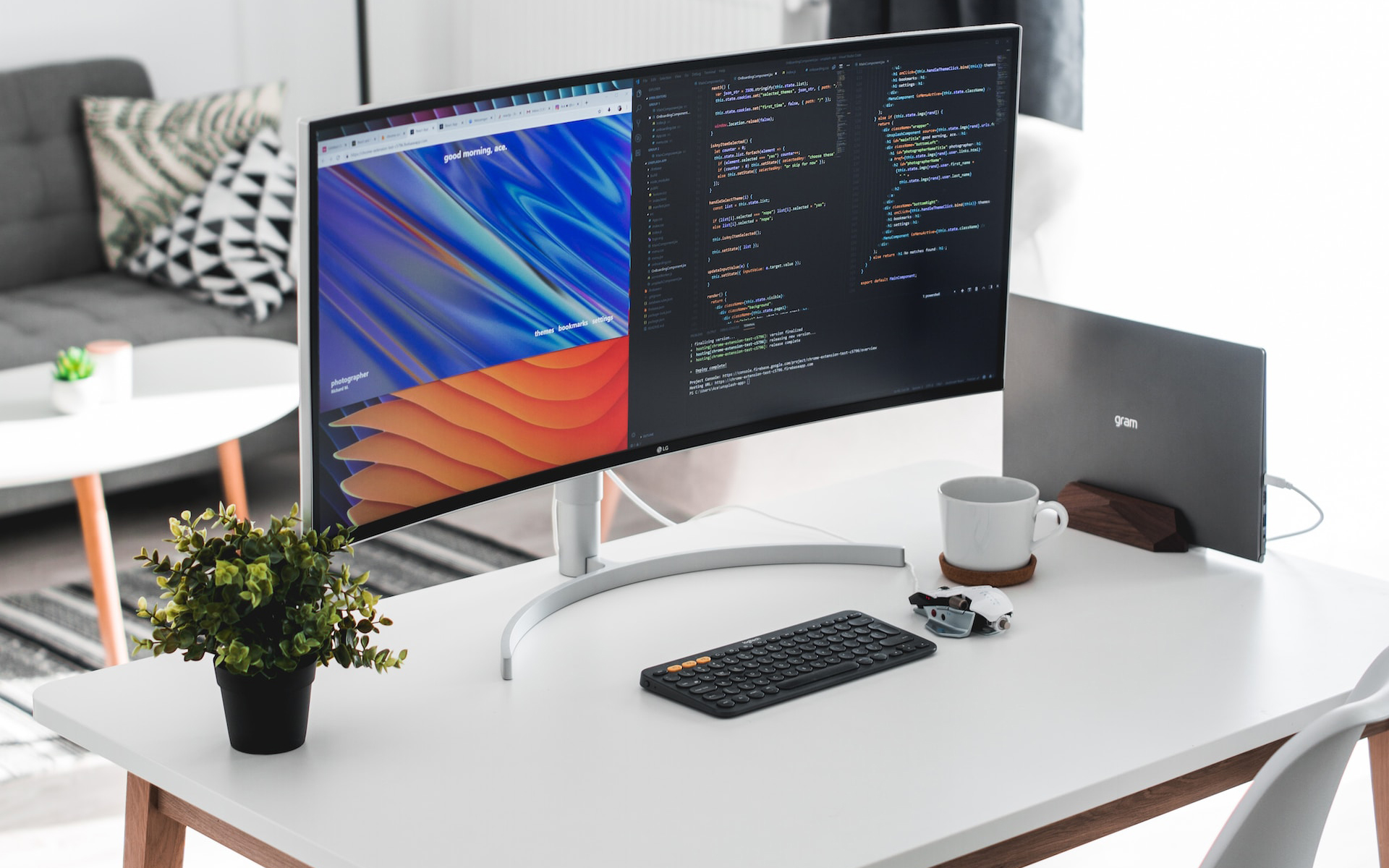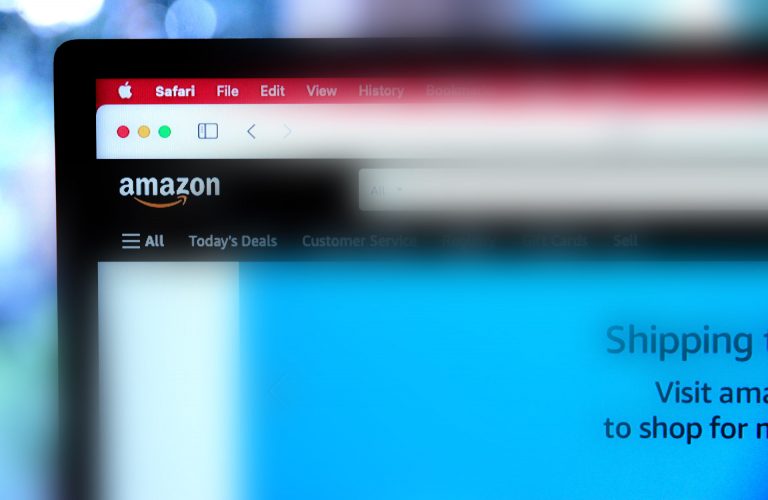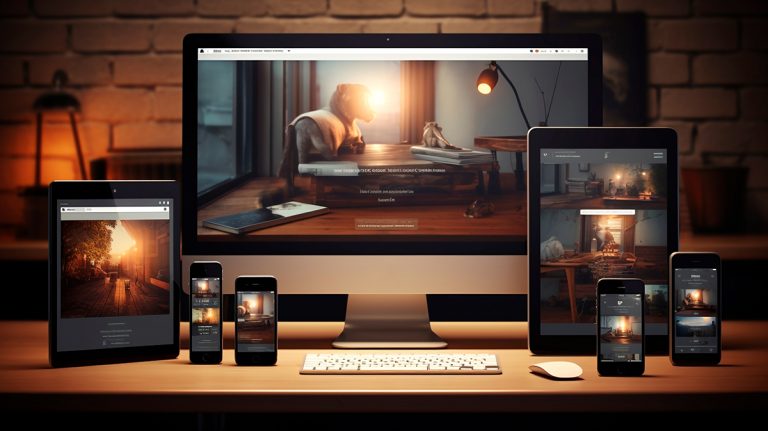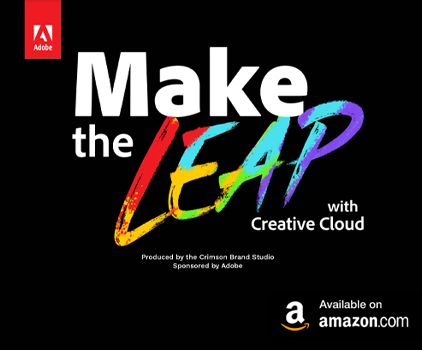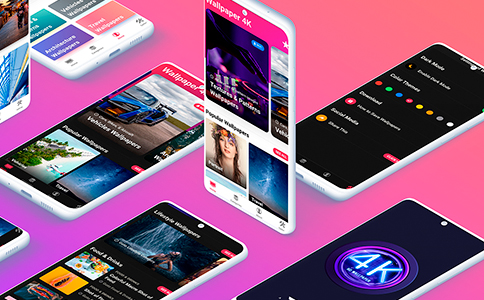The landscape of web design and development has been rapidly evolving, and a significant part of this change is attributed to the rise of no-code platforms. These platforms have democratized the process of creating websites, enabling individuals without technical backgrounds to design and develop web pages. This shift is particularly impactful in the educational sector, where students from various disciplines can now engage in web design without the need to master coding languages.
In the context of college life, where students are often managing a myriad of tasks, from studying to completing assignments, no-code platforms offer a convenient and efficient solution. They provide an opportunity for students to create websites for projects, portfolios, or personal blogs without the added stress of learning complex programming. In situations where students are already seeking to buy essay from essayservice.com to manage their academic workload, no-code platforms come as a welcome tool for hassle-free web design.
The Rise of No-Code Platforms in Education
Bridging the Tech Gap for Non-Techie Students
No-code platforms play a crucial role in making technology more inclusive. These platforms are especially beneficial for students whose primary focus isn’t computer science or programming. By utilizing intuitive interfaces that simplify the web design process, these platforms remove the intimidation factor often associated with coding. The drag-and-drop functionality, coupled with user-friendly templates and visual development tools, allows students to create websites with ease, making technology more approachable and less daunting.
Facilitating Diverse Educational Backgrounds
This accessibility is pivotal for students from diverse educational backgrounds. It enables them to engage with technology on a level playing field, providing a valuable skill set that is increasingly important in the digital age. No-code platforms thus act as an equalizer, offering every student the chance to explore web development.
Enhancing Creative Freedom and Experimentation
Lowering technical barriers empowers students to channel their creativity in web design. They can experiment with various design elements, from layouts and color schemes to multimedia content, without worrying about coding complexities. This freedom fosters innovation and individuality in their projects, allowing their personal style and creativity to shine through in their digital creations.
Unleashing Artistic Potential
This environment encourages students to think outside the box and develop unique web solutions. It’s not just about building a website. It’s about crafting a digital expression of their ideas and visions. This creative liberation is a significant shift from traditional web design methods, where technical know-how could sometimes stifle creative expression.
Integration in Academic Projects and Assignments
The use of no-code platforms in educational settings is becoming increasingly common. Educators recognize the value of integrating practical technology skills into the curriculum. Students can apply their theoretical knowledge in a tangible way by building websites for various purposes, such as showcasing class projects, creating digital portfolios, or collaborating on group assignments.
Expanding Digital Literacy Across Disciplines
This integration is particularly beneficial as it enhances digital literacy, a skill crucial in today’s technology-driven world. By incorporating web design projects in courses ranging from business to the arts, educators are providing students with the tools and skills needed to succeed in a digital landscape.
Benefits of No-Code Platforms for Students
Cost-Effective and Time-Efficient
The affordability of no-code platforms is a key benefit for students, who often operate within limited budgets. Many platforms offer free versions or student discounts, making them accessible to a wider audience. This cost-effectiveness is coupled with the efficiency of these tools. Students can create functional, aesthetically pleasing websites in a fraction of the time it would take to code them from scratch.
Maximizing Time and Resources
This time efficiency is invaluable for students balancing academic responsibilities and extracurricular activities. The hours saved from coding can be redirected toward studying, research, or other creative pursuits, optimizing their time and resource management.
Preparing for the Future Job Market
In an ever-evolving job market where digital skills are increasingly prized, familiarity with web design can be a significant advantage. No-code platforms equip students with practical experience in this area, enhancing their resumes irrespective of their major. This experience is particularly beneficial as it prepares students for a variety of career paths in an increasingly digital world.
Gaining a Competitive Edge
Having web design skills, even those gained through no-code platforms, can set students apart in job applications and interviews. It demonstrates their ability to adapt to new technologies and their initiative to acquire practical, in-demand skills.
Encouraging Interdisciplinary Learning
No-code platforms exemplify the essence of interdisciplinary learning by allowing students from various fields to integrate technology into their projects. This approach not only enriches their learning experience but also fosters a culture of innovation and cross-disciplinary collaboration.
Broadening Horizons Beyond Traditional Fields
By enabling students in non-technical fields to create and manage websites, these platforms open up new avenues for exploration and self-expression. This accessibility encourages students to explore the intersection of technology with their field of study, leading to a more rounded and comprehensive educational experience.
Conclusion
The advent of no-code platforms has been a game-changer in empowering non-techie students to participate actively in the world of web design. These tools have not only simplified the process of creating websites but have also opened doors to new learning opportunities and skill development. For students looking for the best dissertation writing service or ways to enhance their digital skills, no-code platforms offer a practical and accessible solution. As education continues to embrace technology, no-code platforms stand as a testament to the possibilities of innovation and inclusivity in learning.
Author Bio
Essay Writer Nicole Hardy, renowned education and arts journalist, widely recognized for her insightful and comprehensive coverage of performing arts education. With a career spanning over a decade, Hardy has established herself as a leading voice in the field, known for her in-depth analyses and engaging writing style. She holds a Master’s degree in Journalism from the University of Arts, where she specialized in arts and culture reporting.


